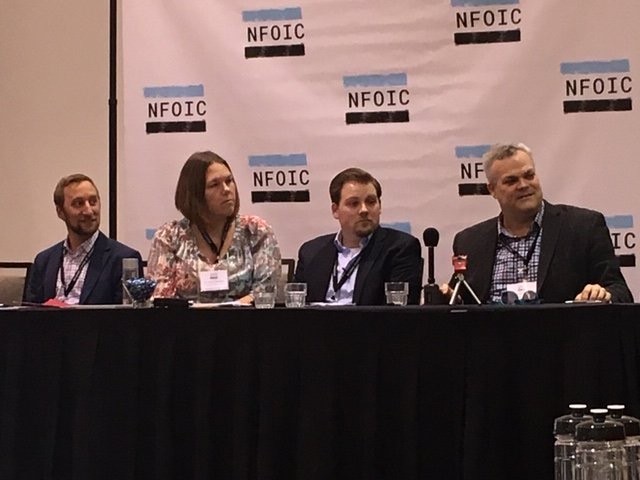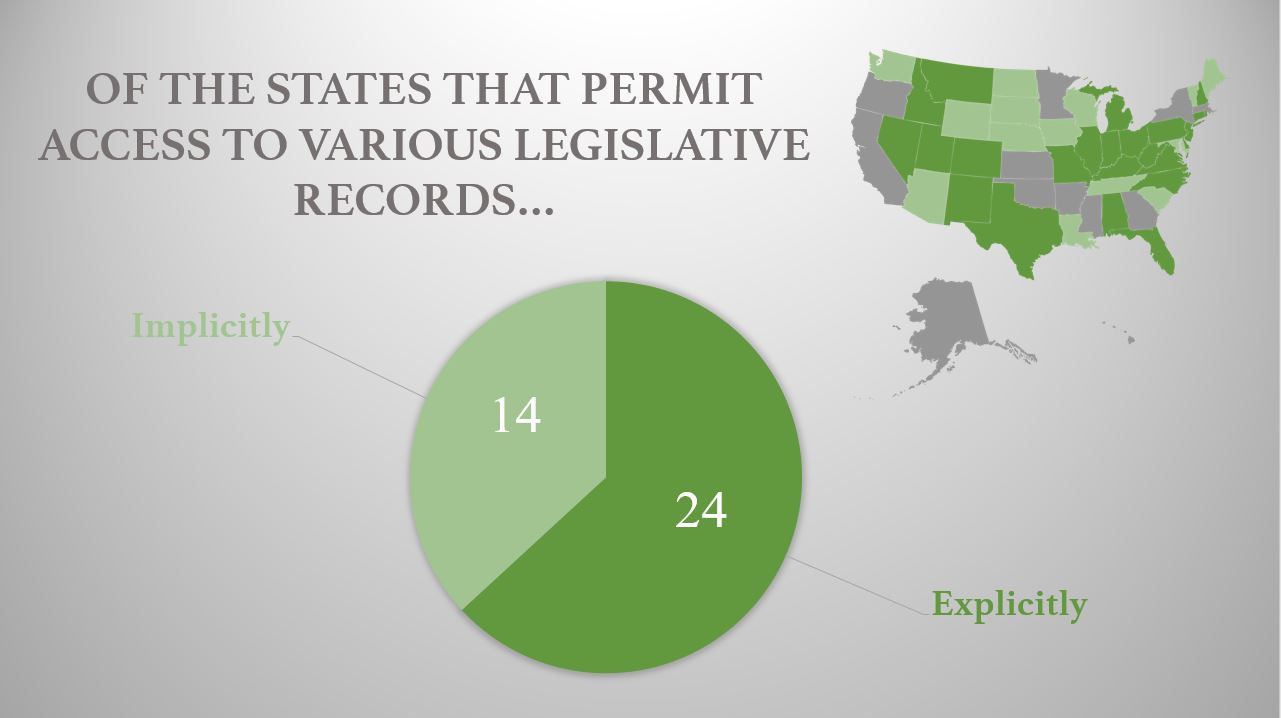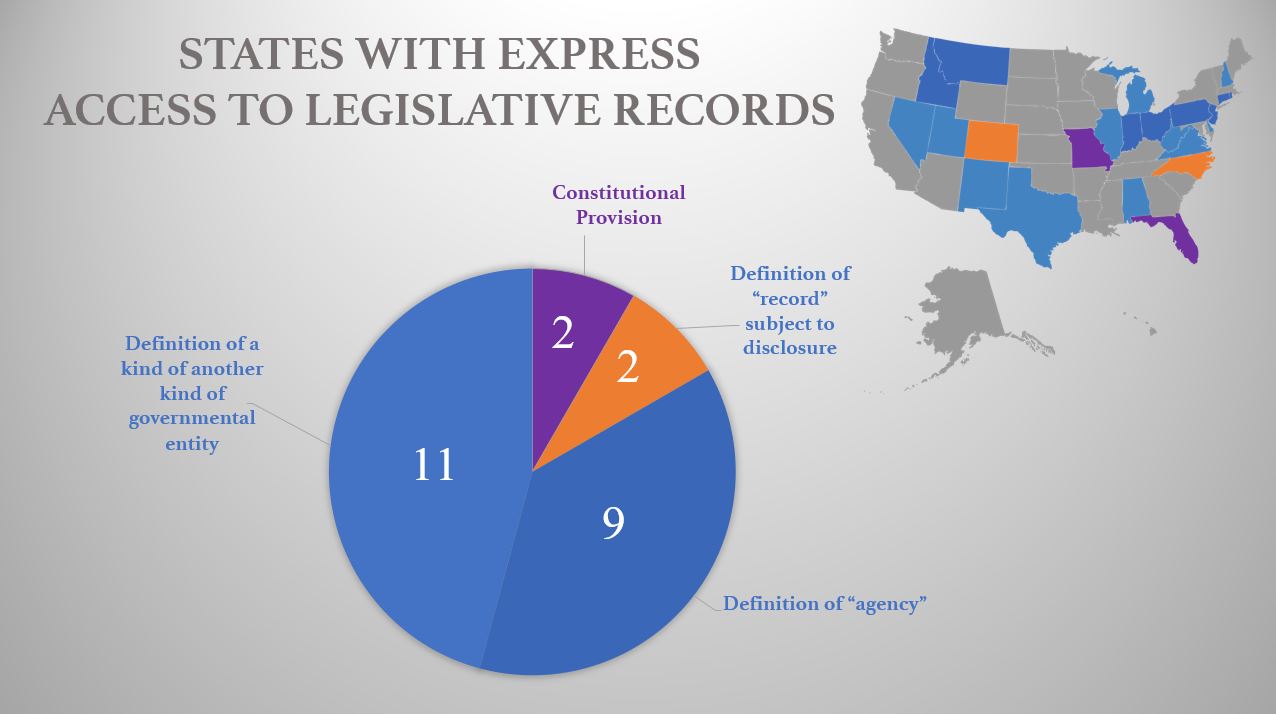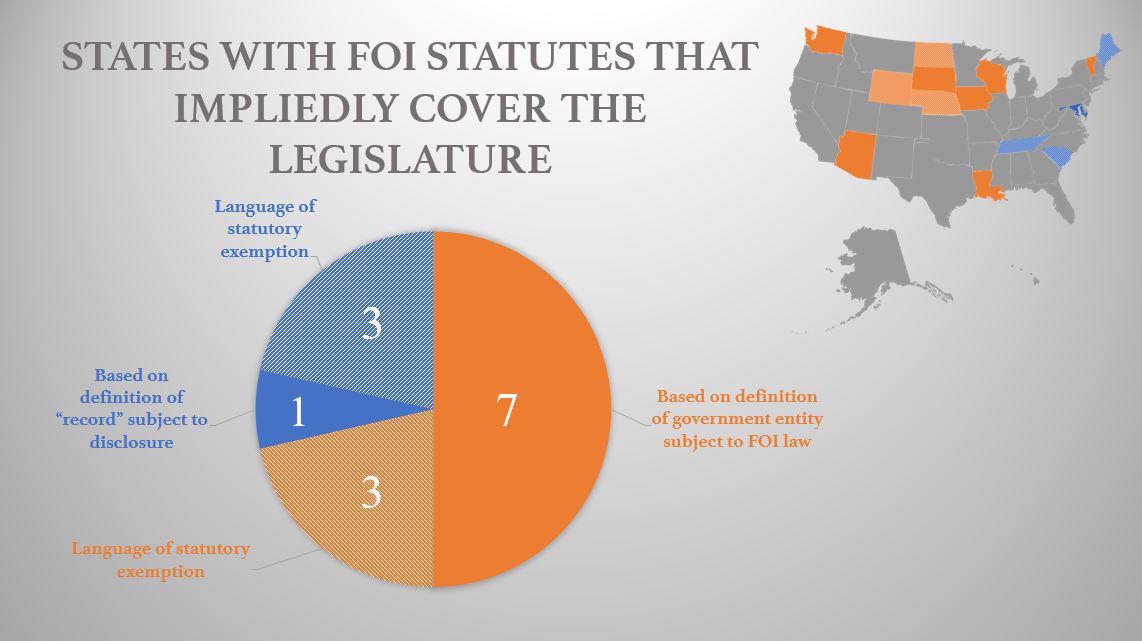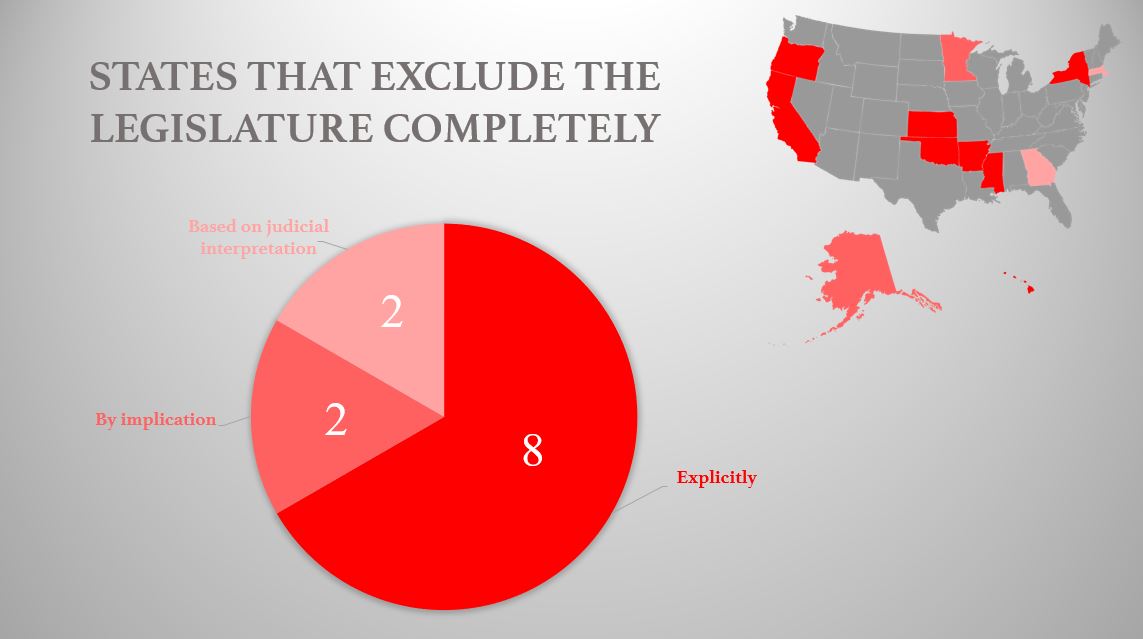
Cause of Action Institute published its April newsletter today. You can read the newsletter here and subscribe to our monthly newsletter here.
Message from John

As we head into the warmer months, Cause of Action Institute is busy advancing our commitment to ensuring our government remains transparent and accountable to the people. During the month of April, we had staff travel to Dallas to present a CoA Institute paper, we filed an amicus brief before the U.S. Supreme Court, and secured a rare preservation order against a former DOJ employee who used her personal email to conduct official business.
As we continue to make strides towards a more free and open society, we hope you will take a moment to read over some of the work our team has done this month in pursuit of this mission.
Sincerely,
John J. Vecchione, president & CEO
You can read the rest of this month’s newsletter here.
